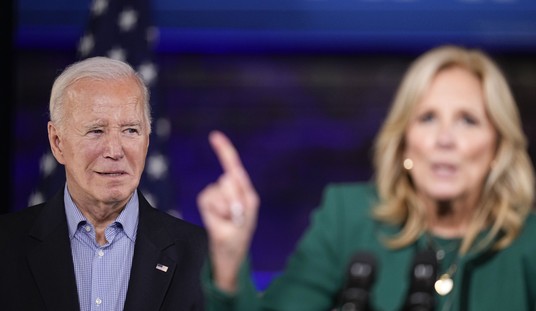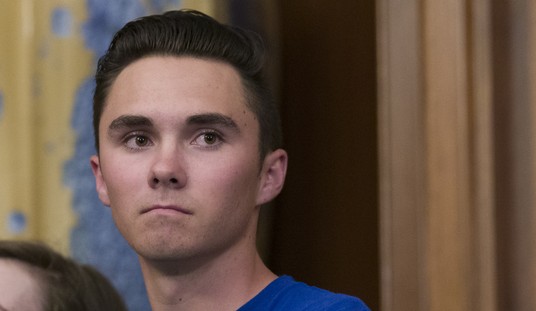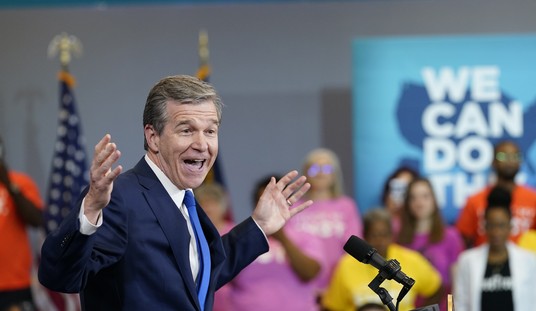“Not all campaign books are treated equally. Just look at Edward Klein and J.H. Hatfield,” Byron York writes in the Washington Examiner:
“Reporters for The New York Times, which received an advance copy of Mr. Hatfield’s book last week, spent several days looking for evidence that might corroborate his account,” wrote Times reporter Frank Bruni, now a liberal columnist for the paper, on October 22, 1999. “But they did not find any, and the newspaper did not publish anything about the claim.”
Lots of other news organizations did. When both Bushes denied the story, the Associated Press, Washington Post, New York Post, Los Angeles Times, and many others reported Hatfield’s revelation.
The New York Times also found a way to pass on the accusation without passing on the accusation; the paper published several articles about the controversy over the book, even if it did not directly quote the book itself. Times readers certainly got the idea.
The party ended when the Dallas Morning News reported Hatfield was “a felon on parole, convicted in Dallas of hiring a hit man for a failed attempt to kill his employer with a car bomb in 1987.” The publisher of “Fortunate Son,” St. Martin’s Press, quickly withdrew the book.
But nobody could withdraw the story. For a while, the tale that Bush had been arrested for cocaine possession, even though it was told by an unknown author who was also a felon who apparently made the whole thing up — that tale was the talk of the 2000 presidential race. (Hatfield committed suicide in 2001.)
Read the whole thing. As far as Edward Klein, don’t miss Bill Whittle’s PJTV interview with Klein, embedded above from YouTube.










Join the conversation as a VIP Member